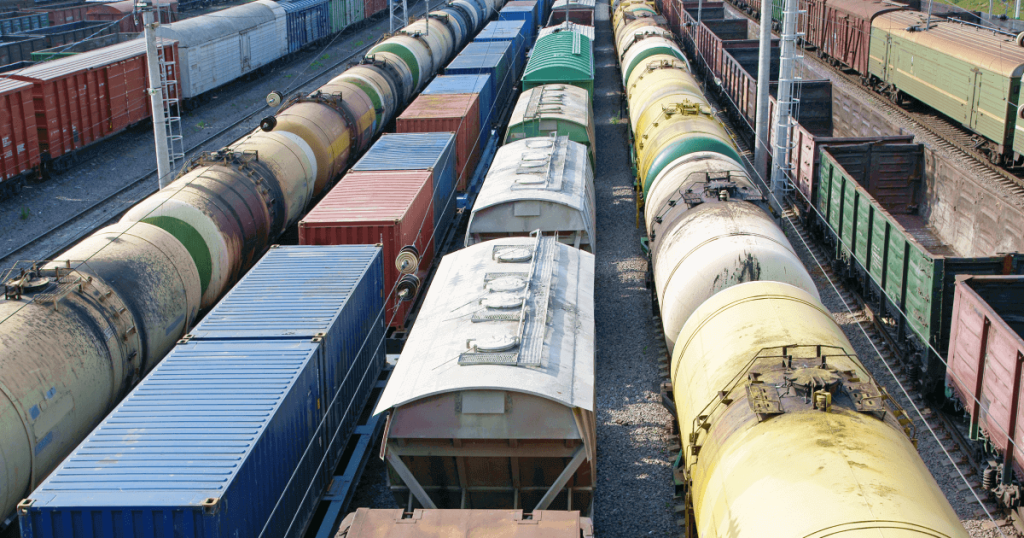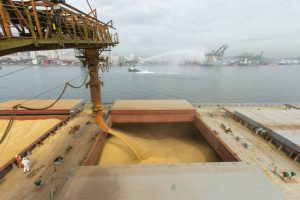Business opposes the introduction of differentiated coefficients to railway tariffs in the direction of ports

EBA is concerned about UZ’s intentions to introduce differentiated surcharges for tariffs for transportation to ports.
Business considers this initiative to be unfounded and potentially harmful to Ukrainian exporters and the economy as a whole, according to the EBA press release.
According to the member companies of the Association’s Logistics Committee, the implementation of such an initiative:
• contradicts the principles of equal access to infrastructure and creates risks of non-compliance with antitrust legislation;
• establishing different tariffs for transportation to individual ports would in fact mean interference in the formation of transportation costs, which is inconsistent with current legislation.
Firstly, the Law of Ukraine “On Natural Monopolies” provides that when setting tariffs, economically justified costs, depreciation, taxes, asset value, profitability, distance to the consumer, product quality and state support should be taken into account. That is, tariffs should be formed according to transparent and objective criteria, and not only on the basis of the direction of transportation.
Also, according to the Charter of Ukrainian Railways, consumers of freight transportation services are shippers, not seaports. Therefore, tariff policy should be based on the principles of equal access for all shippers, and not on attempts to administratively “level” conditions between ports.
In addition, the current Collection of Tariffs for Freight Transportation already provides for different tariff rates, depending on the distance of transportation. Therefore, the remoteness of consumers is already taken into account when calculating tariffs.
In addition, the initiative may slow down the European integration of the transport industry. As part of the European integration processes, Ukraine has committed to harmonizing its transport policy with EU standards. In accordance with Directive 2012/34/EU on the Single European Railway Area, tariffs must be transparent, economically justified and non-discriminatory. In this context, a selective increase without sufficient grounds and consultations with the market is a deviation from these principles.
In wartime, export companies in key sectors of the economy are already facing high logistics costs. In such a situation, increasing tariffs for transportation to the busiest seaports could further “hit” exports and lead to:
• an increase in the cost of Ukrainian products on foreign markets,
• a decrease in Ukraine’s competitiveness as an exporter,
• a reduction in foreign exchange earnings,
• a drop in the profitability of various sectors of the economy and a decrease in tax revenues.
In the long term, this could lead to a reorientation of cargo to road transport and, accordingly, a decrease in cargo turnover and the carrier’s own income.
Such initiatives are of concern given the decisions already made on the formation of tariff distances to the Odesa and Black Sea ports. Currently, trains are being sent along a longer route, which has already increased the cost of rail transportation and increased the final price of export products.
EBA experts emphasize that support for river or less congested ports should be provided through targeted subsidies, investments or infrastructure development, and not by increasing tariffs for exporters.
Business does not support any forms of tariff regulation that contradict the principles of economic competition. The association insists on keeping tariffs transparent, fair, economically justified and corresponding to real costs. In addition, the business community calls for maintaining state control over tariff formation to avoid conflicts of interest.
Earlier, USM reported that EBA called for a review of UZ tariff distances to the ports of Chornomorsk and Odesa.





